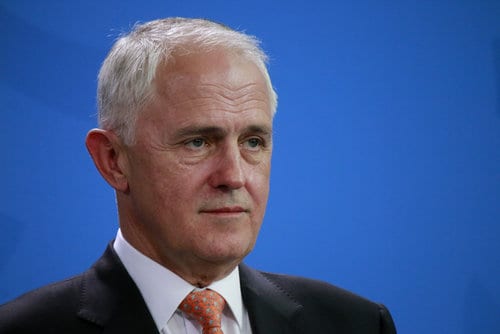
With the much anticipated release of the Innovation Statement yesterday, what implications does it have for Australia’s fledgling clean energy start-up sector?
The Innovation Statement offers some tangible, useful reform for early stage Australian companies. Clean-tech start-ups should, like any start-up, should see some benefit from the reforms; however, community energy largely misses out on the benefits from the proposed equity crowd-funding reforms. More targeted support for energy start-ups is needed if we to seriously grow a prosperous, innovative renewable energy sector in Australia.
Tax breaks should attract additional investment
Perhaps the most positively received aspects of the reform are the investor tax write offs and capital gains tax exemption which should make it easier to attract the required early stage investment we need to kick-start clean-tech start-ups.
Luke Osborne from Canberra-based start-up Reposit Powersays tax breaks for people who invest in new ideas are important.
“We have to reward people who are willing to take risks and push boundaries,” Mr Osborne said.
“Australians have a real aversion to risk and this will go some way to changing that culture.”
Flipping the fear culture
The Innovation Statement contains tangible policy reforms to back up the rhetoric. For example, a company can now trade if insolvent provided they seek appropriate advice from insolvency administrators. Furthermore, changes to the bankruptcy laws will mean that investors in a failed startup will have to wait one year instead of three before looking at a new venture.
Equity-crowdfunding no silver bullet for clean-tech or community energy
It remains to be seen whether the much anticipated equity crowd-funding reform will unlock much citizen investment in Australian clean-tech start ups. A number of start-up commentators, including those in The Australian have labelled the reforms a major missed opportunity, with the biggest complaint being that the reforms apply only to Public Companies, along with the proposed individual caps of $10,000 per investor.
From the perspective of the community energy sector it looks like equity crowd-funding will not be the ‘great enabler’ we hoped; the suggestions Tom Nockolds and I penned in our equity crowd-funding article last week were largely ignored.
On first glance, it looks unlikely that the reform will not sufficiently reduce administration costs to unlock new community energy projects. The benefits of the five year reduced reporting period for public companies may not be enough for community energy projects, which have an average length of 10 to 20 years. Like the general start-up community, the $10,000 cap per retail investor per company will limit the ability for groups to raise efficiently capital.
On the positive side of things, the 20% investor tax write-off should spur more investment into community energy projects run through both Pty Ltd and public company structures, however Tom Nockolds from the Community Power Agency is unsure of how beneficial this will be:
“For all those groups that are set up as co-operatives or associations it’s not clear that they’ll be able to benefit from these changes.”
Other positive reform aspects
- The CSIRO have some funding reinstated, which could provide a boost to CSIRO-led clean-energy research.
- Five international “launching pads” will help local clean-tech entrepreneurs expand to new markets. After all our solar market is potentially the most attractive developed world rooftop market in the world with high power prices, lots of sun and stable policy settings – so our innovations should be exported globally.








